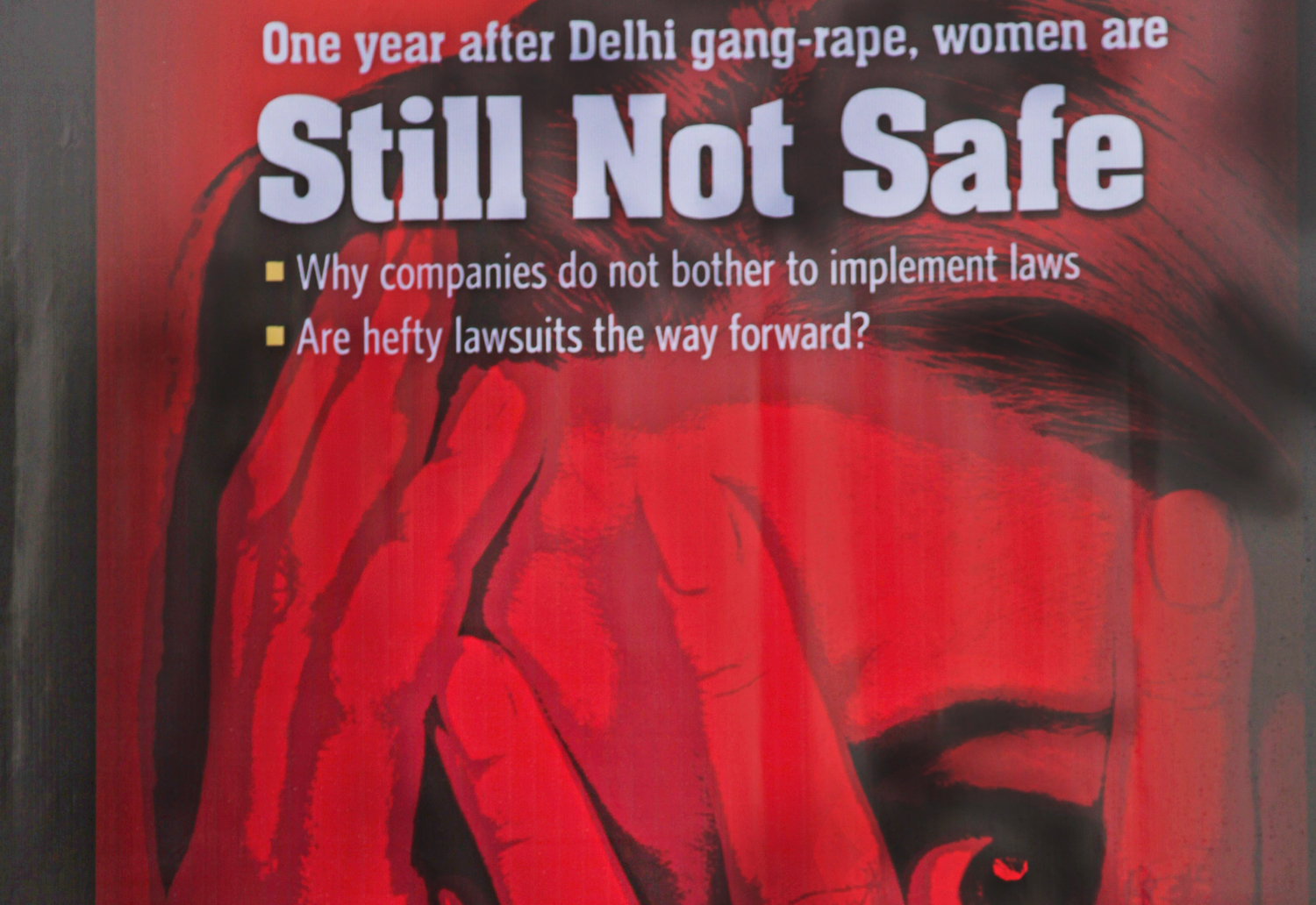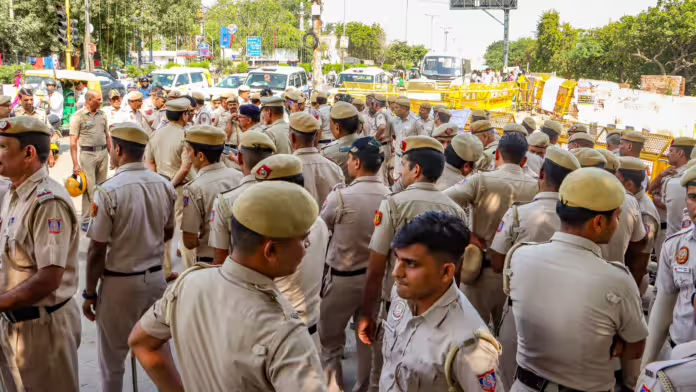In an astonishing occurrence, a Manipur student at Delhi University claimed that a cab driver had harassed her during a late-night journey. The driver was given a clear route to easy bail, the student said, accusing Delhi Police of being uninterested in addressing her complaint. This case has raised awareness of harassment and women’s safety in Delhi once more, exposing structural faults in the way these instances are handled.
Harassment Incident: Manipur Student’s Ordeal in Delhi
The 19-year-old student, who lived close to North Campus in Delhi, used an online site to reserve a taxi on October 5 in order to get to ISBT. The cab driver allegedly started making her feel uncomfortable during the trip by asking intrusive and improper questions. When the driver reportedly took her to a remote area and tried to attack her, the scene became more heated.
The driver allegedly threatened to kill the student after she rebuffed his advances. She managed to get away, terrified and went straight for assistance. She faced more difficulties while reporting the incident to the authorities, thus her suffering didn’t end with the escape.
Delayed Action on Harassment Complaint in Delhi
The student encountered bureaucratic redirection when she attempted to contact the North-Eastern State Helpline for assistance. She was instructed to go to the closest police station rather than getting assistance right away. She proceeded to the Delhi Model Town Police Station in the hopes of receiving prompt justice, but the police there treated her with apathy.
“I had to wait seven hours in order to file a complaint. Even though my life was in danger, the police’s attitude was startlingly uncaring,” the student remarked. This slow reaction demonstrates the structural problems with Delhi’s handling of harassment allegations, especially when the victims are women from underrepresented groups.
Minor Charges Filed: Why Harassment Cases in Delhi Aren’t Taken Seriously
After a few hours, a formal complaint was eventually filed under Sections 127(2) (wrongful imprisonment) and 351 (criminal intimidation) of the Bharatiya Nyaya Sanhita against the taxi driver, Vinod. Despite the seriousness of the accusations, the driver was able to obtain bail the same day because the charges were comparatively light.
“The charges were minor, so it was easy for the driver to get bail even though my life was in danger,” the student told PTI. This episode serves as an example of a larger problem: the capital’s persistent underreporting of harassment crimes, which frequently results in offenders getting away with it without incurring harsh penalties.
Broader Safety Concerns: Women Face Harassment in Public Spaces in Delhi
The safety of women in Delhi, especially when utilizing public transit, has come under scrutiny once more as a result of this event. The student’s anxiety was heightened when she disclosed that the cab driver was not the one she had seen on the ride-hailing app and that he was aware of her home address.
She appealed to the special commissioner of police for protection, stating that she was worried the driver knew where she lived and would continue to threaten her. “The fact that he knows where I live has left me feeling unsafe,” she stated. This episode serves as a sobering reminder that harassment is not only widespread in Delhi but also leaves women open to ongoing threats.

Why Harassment in Delhi Is Often Not Taken Seriously: An Opinion
One may wonder why harassment instances in Delhi do not receive the attention they merit. The idea that harassment is a “lesser” crime contributes to the issue. Instead of addressing the stress experienced by the victim, law enforcement organizations often classify such occurrences as minor misdemeanors and concentrate on reducing the charges. In addition to making it simple for criminals to obtain bail, this compassionate approach gives them the confidence to commit the same crimes again.
The excessive volume of cases Delhi’s police deal with on a daily basis is another reason for the city’s slack reaction to harassment. Because of the system’s overwork and lack of resources, harassment reports frequently go unresolved. Additional prejudice may be experienced by victims, particularly women from underrepresented groups or areas such as the Northeast, which could result in inadequate or delayed answers to their grievances.
The normalization of harassment is a bigger issue, which is reflected in the case’s delayed action. Women will continue to encounter systemic obstacles when pursuing justice in harassment situations until tougher laws are implemented and law enforcement personnel are educated to handle such reports with promptness and compassion.

Conclusion: Harassment in Delhi Must Be Addressed with Urgency and Accountability
The student’s experience in this instance emphasizes how urgently systemic adjustments to Delhi’s harassment policies are required. In the capital, women’s safety is still a major worry, and this example shows how both the police and the public transportation networks have failed to provide safe travel for women.
Reforms must be implemented immediately to stop harassment instances from being minimized. Responsibility for their roles in maintaining public safety must be assumed by both law enforcement and ride-hailing businesses. To stop criminals from driving passengers, businesses must strengthen their background checks and law enforcement must take a more proactive approach to these situations.
Harassment in Delhi will continue to be a widespread issue as long as these problems are not resolved, leaving countless women at risk of assault and threats.

